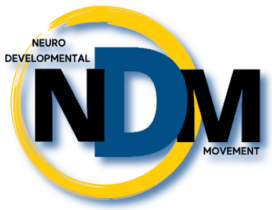What kind of anxiety does my child have?
There are many aspects to anxiety, but there are two kinds of anxiety that appear to arise from different areas of the brain. Children and adults with developmental gaps or injuries in the pons/amygdala levels of the brain, which are coming on board at about 2 – 7 months, present with a different kind of […]
What kind of anxiety does my child have? Read More »

